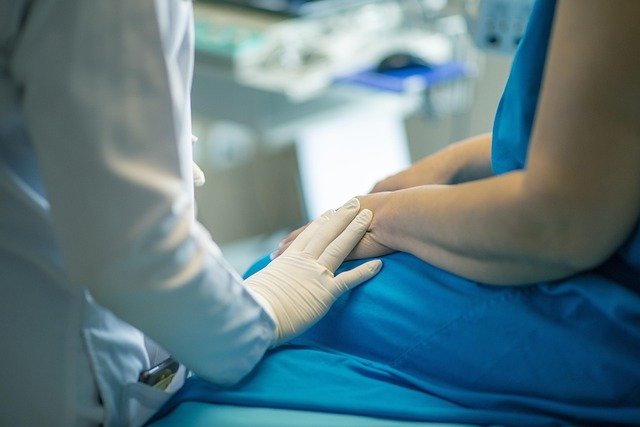Accredited Schools for Aspiring Pharmacy and Lab Technicians
Thinking about a career in medical or scientific labs? Discover accredited laboratory technician schools that offer quality programs hands-on training and industry-ready skills. Learn what to look for in a school and how to get started on your career path today.

How do I choose the right laboratory technician school?
Selecting the right laboratory technician school is crucial for your future career success. Start by researching accredited programs in your area or online. Look for schools with modern lab facilities, experienced faculty, and strong industry connections. Consider factors such as program length, curriculum content, and internship opportunities. It’s also beneficial to read student reviews and check graduate employment rates to gauge the program’s effectiveness.
What does accreditation mean for my education?
Accreditation is a vital aspect of choosing a laboratory technician program. It ensures that the school meets specific quality standards set by recognized accrediting bodies. Accredited programs are more likely to provide up-to-date curricula, qualified instructors, and relevant industry training. Additionally, many employers prefer graduates from accredited institutions, and accreditation is often required for professional certification exams. Look for programs accredited by organizations such as the National Accrediting Agency for Clinical Laboratory Sciences (NAACLS) or the Accrediting Bureau of Health Education Schools (ABHES).
What key skills will I learn in technician programs?
Laboratory technician programs equip students with a diverse set of skills essential for success in the field. These typically include:
- Laboratory techniques and procedures
- Specimen collection and processing
- Equipment operation and maintenance
- Quality control and safety protocols
- Data analysis and interpretation
- Medical terminology and anatomy basics
- Computer skills for lab information systems
Many programs also emphasize critical thinking, problem-solving, and communication skills, which are crucial in a laboratory setting.
How long does it take to complete a lab tech program?
The duration of laboratory technician programs can vary depending on the level of education and specialization. Certificate programs may take as little as 6-12 months to complete, while associate degree programs typically require two years of full-time study. Some schools also offer bachelor’s degree programs in medical laboratory science, which usually take four years to complete. Part-time and online options may extend the duration but offer more flexibility for working students or those with other commitments.
What are the career prospects for lab technicians?
The career outlook for laboratory technicians is promising. According to the U.S. Bureau of Labor Statistics, employment of medical and clinical laboratory technologists and technicians is projected to grow 7% from 2019 to 2029, faster than the average for all occupations. This growth is driven by an aging population and increased demand for diagnostic tests. Graduates can find employment in various settings, including hospitals, diagnostic laboratories, research institutions, and pharmaceutical companies. With experience and additional education, technicians can advance to supervisory roles or specialize in areas such as molecular biology or cytotechnology.
What are some top accredited schools for lab technicians?
When considering accredited schools for laboratory technician programs, it’s important to evaluate options based on your location, career goals, and personal circumstances. Here are some well-regarded institutions offering accredited programs:
| School Name | Program Type | Key Features |
|---|---|---|
| Weber State University | Associate and Bachelor’s Degrees | NAACLS accredited, online options available |
| George Washington University | Bachelor’s Degree | NAACLS accredited, located in Washington D.C. |
| University of Cincinnati | Associate and Bachelor’s Degrees | NAACLS accredited, online program available |
| Austin Community College | Associate Degree | NAACLS accredited, affordable tuition |
| Mayo Clinic School of Health Sciences | Certificate and Associate Degree | Highly regarded institution, multiple campus locations |
Prices, rates, or cost estimates mentioned in this article are based on the latest available information but may change over time. Independent research is advised before making financial decisions.
In conclusion, choosing an accredited school for laboratory technician training is a crucial step towards a rewarding career in the medical and scientific fields. By focusing on programs that offer comprehensive skills training, modern facilities, and strong industry connections, you can position yourself for success in this growing field. Remember to consider factors such as program length, accreditation status, and career support services when making your decision.
This article is for informational purposes only and should not be considered medical advice. Please consult a qualified healthcare professional for personalized guidance and treatment.
The shared information of this article is up-to-date as of the publishing date. For more up-to-date information, please conduct your own research.




